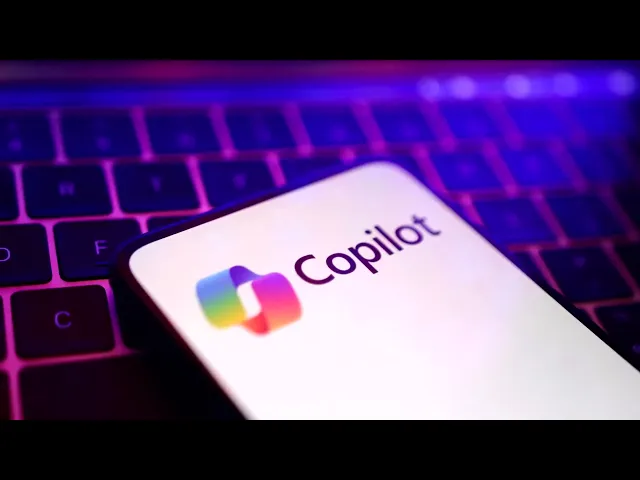AI startups revolutionize coding industry, but facing losses

AI in coding: threat or opportunity?
The rapid evolution of artificial intelligence is redefining boundaries across numerous sectors, but few are experiencing the paradox of both threat and opportunity quite like the software development industry. A new wave of AI-powered coding assistants has emerged, promising to streamline development workflows while simultaneously raising questions about the future role of human developers. As these technologies gain traction, companies in this space are witnessing tremendous growth in user adoption despite struggling to achieve profitability.
Key Developments in AI-Assisted Coding
-
AI coding assistants like GitHub Copilot and Amazon CodeWhisperer have transformed from experimental tools to essential components of many developers' workflows, with adoption rates soaring despite their subscription costs.
-
The technology has evolved beyond simple code completion to offering complex problem-solving capabilities, bug identification, and even architectural recommendations—effectively serving as an experienced pair programmer.
-
While venture capital continues to flow into this sector, most AI coding startups operate at significant losses as they prioritize user acquisition and feature development over immediate profitability.
The Profitability Paradox
The most revealing aspect of this emerging market is the stark contrast between explosive user growth and concerning financial realities. Companies like GitHub report impressive adoption statistics for their AI coding tools, with millions of developers now integrating these assistants into their daily work. Yet behind these numbers lies a challenging economic picture: the substantial costs of developing, training, and running these sophisticated AI models far exceed current revenue streams.
This pattern mirrors the broader AI industry's approach to market development—prioritizing growth and capability expansion while deferring profitability concerns. The strategy hinges on the belief that establishing market dominance now will enable monetization later, once these tools become indispensable to software development workflows.
This approach carries significant risk, however. Unlike consumer-facing applications where network effects can create natural monopolies, the developer tools market has historically rewarded interoperability and open standards. Furthermore, as open-source alternatives like StarCoder gain functionality, the premium features offered by paid solutions must continuously evolve to justify their cost.
Beyond the Current Landscape
What the current narrative often overlooks is how AI coding tools are reshaping traditional career development paths for programmers. Historically, junior developers gained expertise through progressively tackling more complex problems under senior guidance. AI assistants now
Recent Videos
How To Earn MONEY With Images (No Bullsh*t)
Smart earnings from your image collection In today's digital economy, passive income streams have become increasingly accessible to creators with various skill sets. A recent YouTube video cuts through the hype to explore legitimate ways photographers, designers, and even casual smartphone users can monetize their image collections. The strategies outlined don't rely on unrealistic promises or complicated schemes—instead, they focus on established marketplaces with proven revenue potential for image creators. Key Points Stock photography platforms like Shutterstock, Adobe Stock, and Getty Images remain viable income sources when you understand their specific requirements and optimize your submissions accordingly. Specialized marketplaces focusing...
Oct 3, 2025New SHAPE SHIFTING AI Robot Is Freaking People Out
Liquid robots will change everything In the quiet labs of Carnegie Mellon University, scientists have created something that feels plucked from science fiction—a magnetic slime robot that can transform between liquid and solid states, slipping through tight spaces before reassembling on the other side. This technology, showcased in a recent YouTube video, represents a significant leap beyond traditional robotics into a realm where machines mimic not just animal movements, but their fundamental physical properties. While the internet might be buzzing with dystopian concerns about "shape-shifting terminators," the reality offers far more promising applications that could revolutionize medicine, rescue operations, and...
Oct 3, 2025How To Do Homeless AI Tiktok Trend (Tiktok Homeless AI Tutorial)
AI homeless trend raises ethical concerns In an era where social media trends evolve faster than we can comprehend them, TikTok's "homeless AI" trend has sparked both creative engagement and serious ethical questions. The trend, which involves using AI to transform ordinary photos into images depicting homelessness, has rapidly gained traction across the platform, with creators eagerly jumping on board to showcase their digital transformations. While the technical process is relatively straightforward, the implications of digitally "becoming homeless" for entertainment deserve careful consideration. The video tutorial provides a step-by-step guide on creating these AI-generated images, explaining how users can transform...
